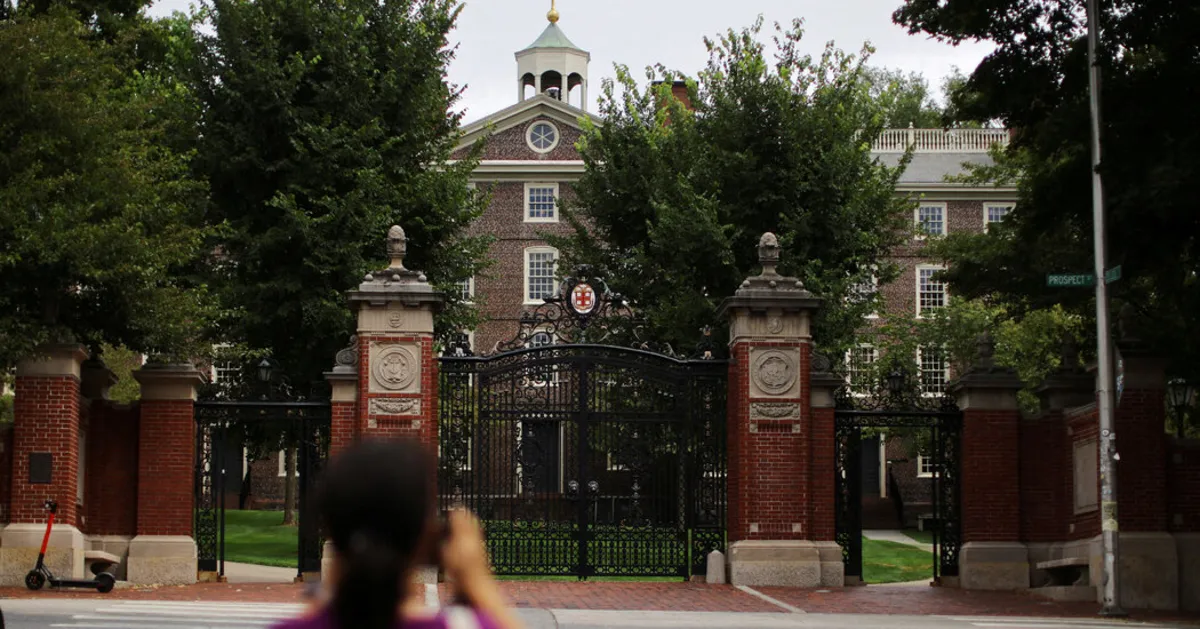
The Department of Homeland Security (DHS) announced on Monday that it has deported Dr. Rasha Alawieh, a professor and doctor affiliated with Brown University, despite her holding a valid visa. This controversial decision stems from her alleged attendance at the funeral of a prominent Hezbollah leader in February during a trip to Lebanon, raising significant questions about immigration policies and national security.
Dr. Alawieh, who is of Lebanese descent, was detained at Boston Logan International Airport last Thursday. Upon her return to the United States, she was questioned by Customs and Border Protection (CBP) officers. During this interrogation, according to a spokesperson from the DHS, Dr. Alawieh “openly admitted” to her support for Hassan Nasrallah, the leader of Hezbollah.
Tricia McLaughlin, a spokesperson for the DHS, stated, “A visa is a privilege, not a right.” She emphasized that supporting or glorifying terrorism, particularly actions that result in the deaths of Americans, is sufficient grounds for the denial of visa issuance. This statement underscores the DHS’s commitment to security and the enforcement of immigration laws.
Despite the strong stance taken by the DHS, the department has not disclosed how it became aware of Dr. Alawieh's attendance at the funeral, which was a large public event held in a sports stadium and attended by tens of thousands of people. Furthermore, the DHS has not provided information regarding whether Dr. Alawieh faces any criminal charges or immigration violations.
Legal representation for Dr. Alawieh's family has also seen developments. Stephanie Marzouk, a lawyer representing a family member, did not respond to inquiries on Monday. Additionally, a team of lawyers from the firm Arnold & Porter, who were set to represent the family, withdrew from the case citing “further diligence” as the reason for their decision.
The unfolding situation raises critical discussions about the intersection of immigration law, national security, and academic freedom, particularly in the context of the ongoing debates surrounding terrorism and its implications on immigration policies in the United States.